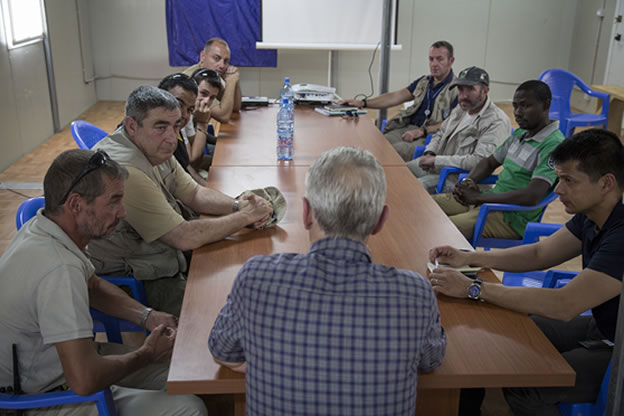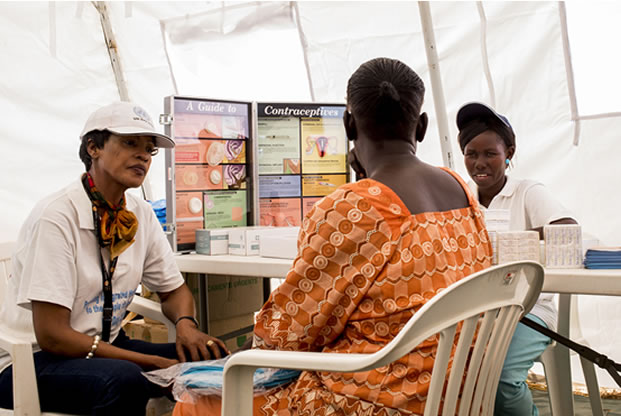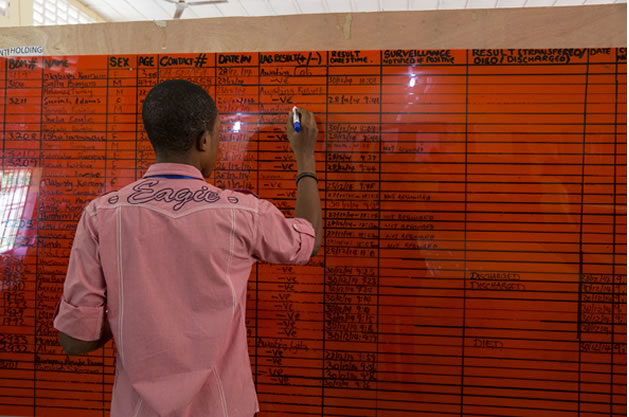Very useful in collecting qualitative information about an issue, or about the entity/sector that is being assessed. Focus group discussions can be conducted to: (1) bring together a diverse group of stakeholders to talk about their common experience of engage with the ACA; or (2) bring together a common stakeholder group (e.g. a group of NGO representatives, staff members from the same division/unit, security personnel, etc.) to discuss the capacity of the ACA. Focus group discussions are particularly helpful in collecting information on anti-corruption functions and core challenges within a relatively short period of time. The matrix below may be helpful in identifying and narrowing down the core issues, the entry points, and the technical/functional capacity needs for the particular organization or sector that is being assessed.

Very useful in drawing more in-depth information about an anti-corruption issue or capacity need. As the term implies, key informants are individuals who are particularly knowledgeable about a particular subject, topic, sector, or organization that is being studied or assessed. These key informants could be from within the ACA that is being assessed (i.e. an internal key informant) to discuss in greater detail some of the issues that may have been raised from focus group discussions or desk reviews of relevant documents. A key informant can also come from outside the organization itself (i.e. an external key informant) who has reliable information about the issue and/or ACA being assessed based on actual experience with the ACA. This external perspective would be very helpful in validating information gathered internally, including the results of the self-assessment process.

This methodology allows respondents to provide qualitative and quantitative information, including potentially a capacity rating or score for specific capacity indicators (please see Section II for capacity assessment questions/parameters for particular anti-corruption functions).
